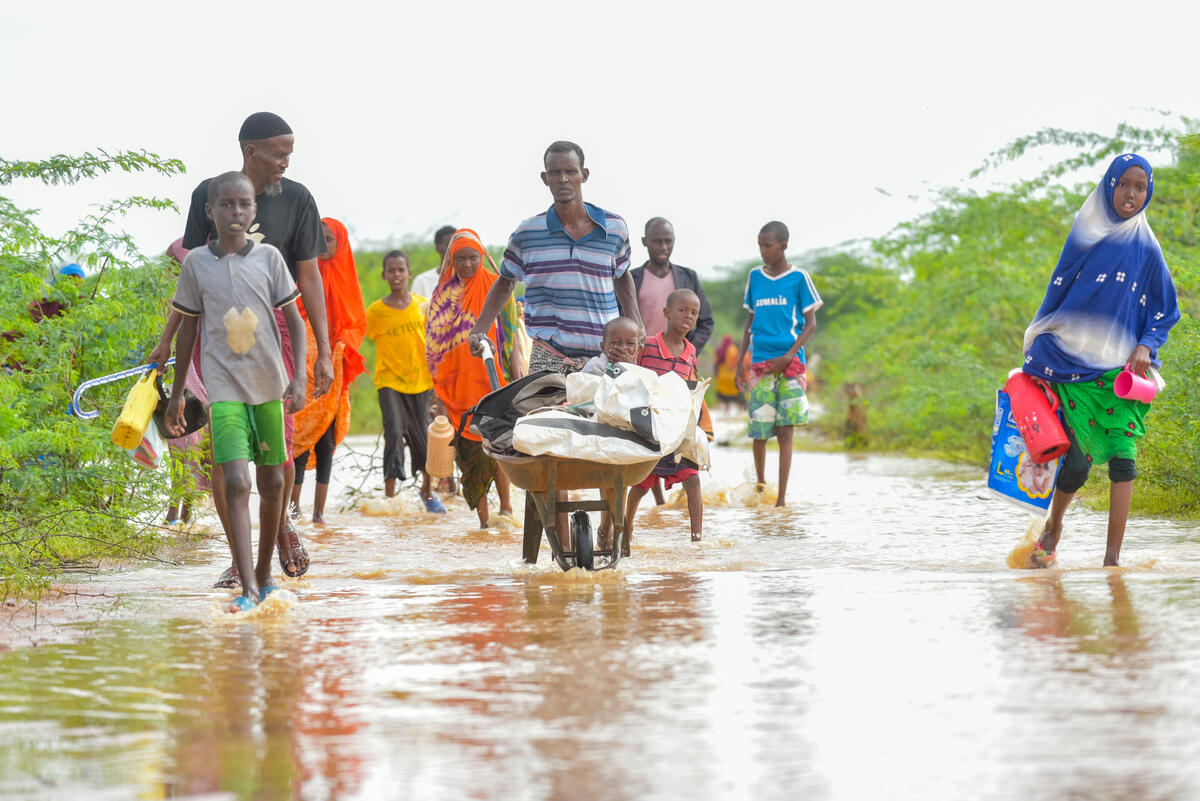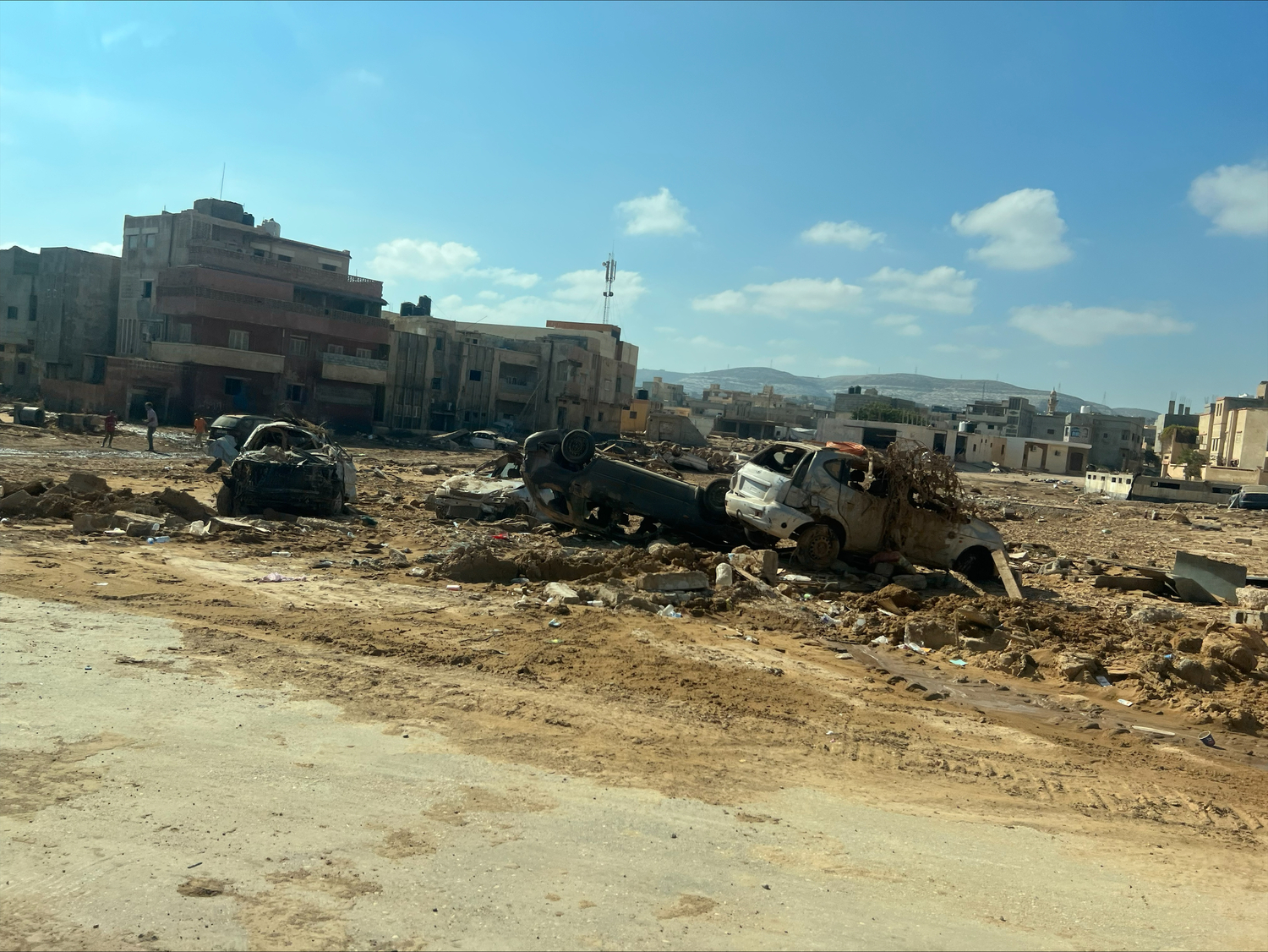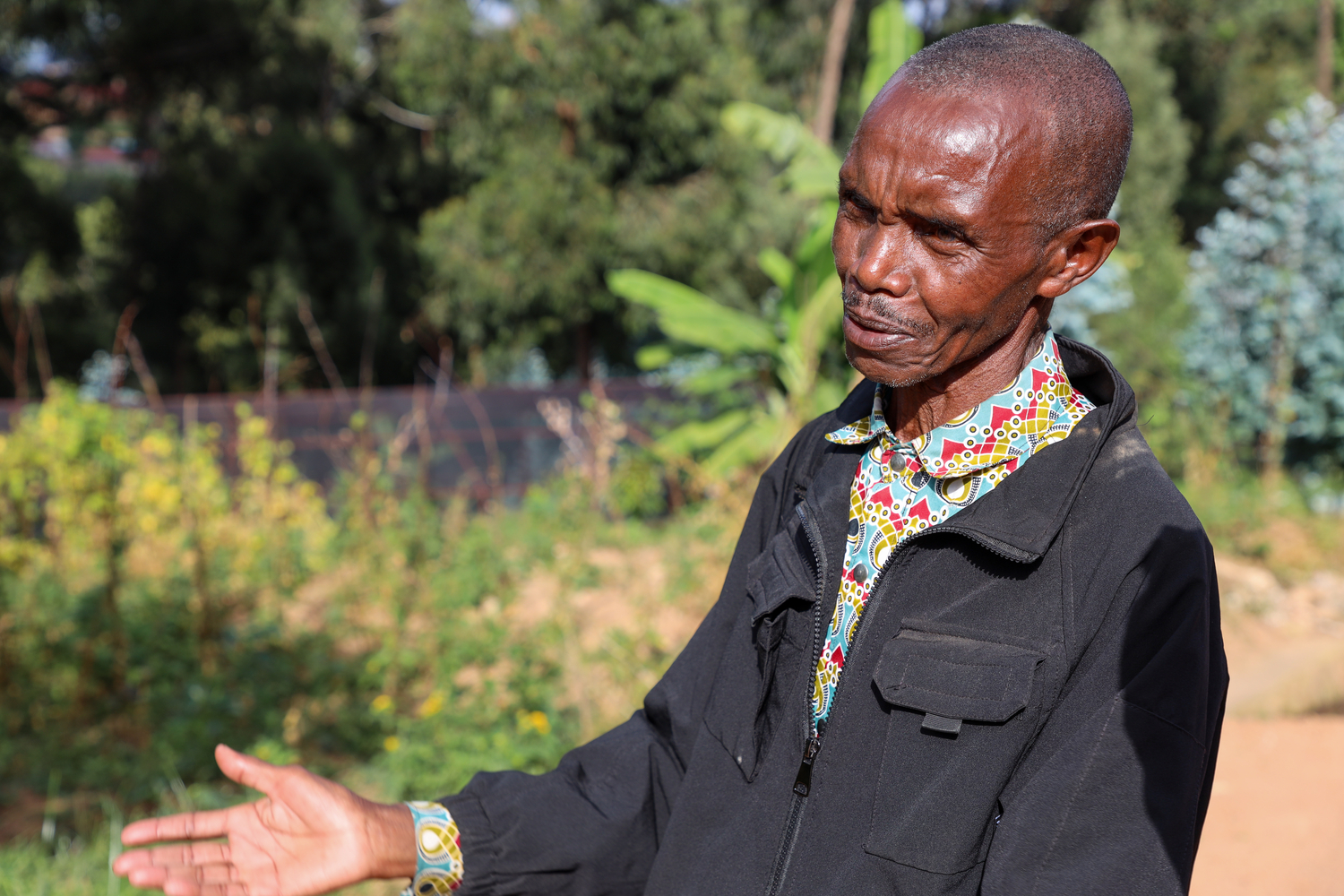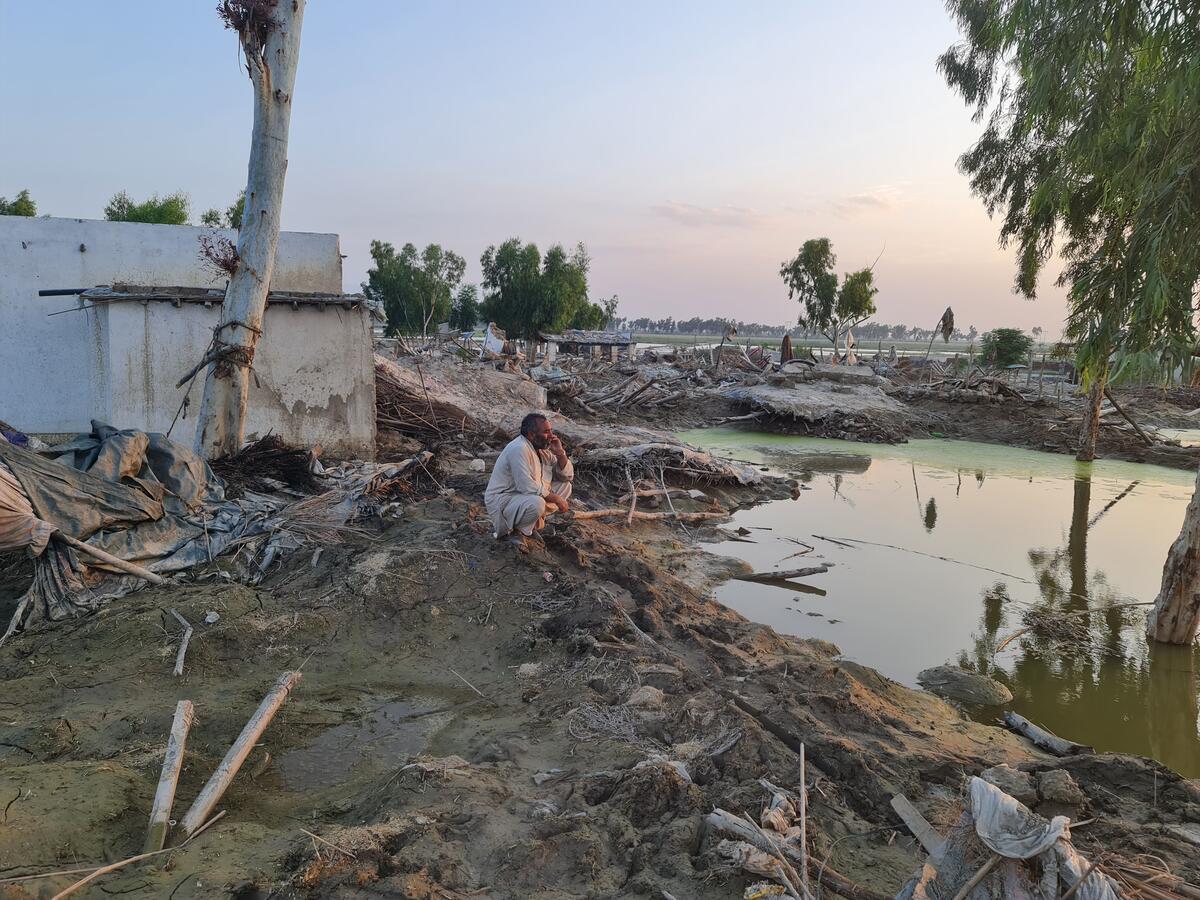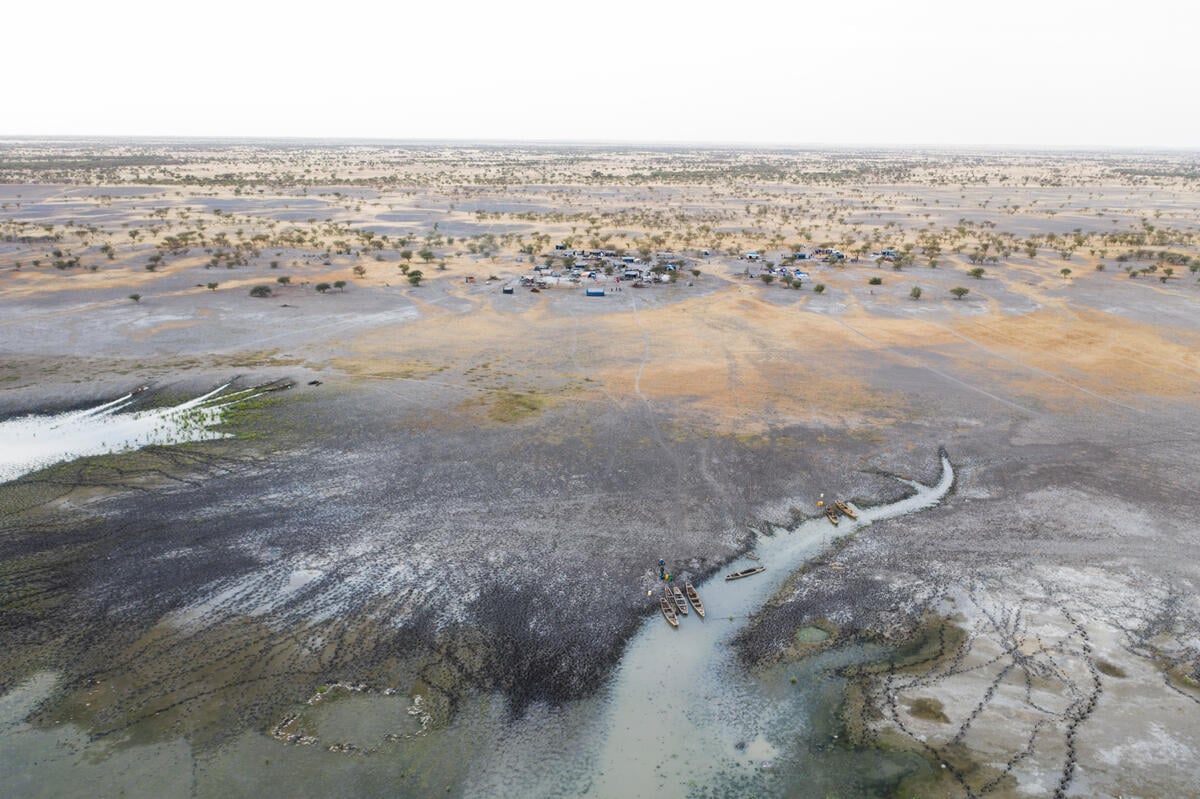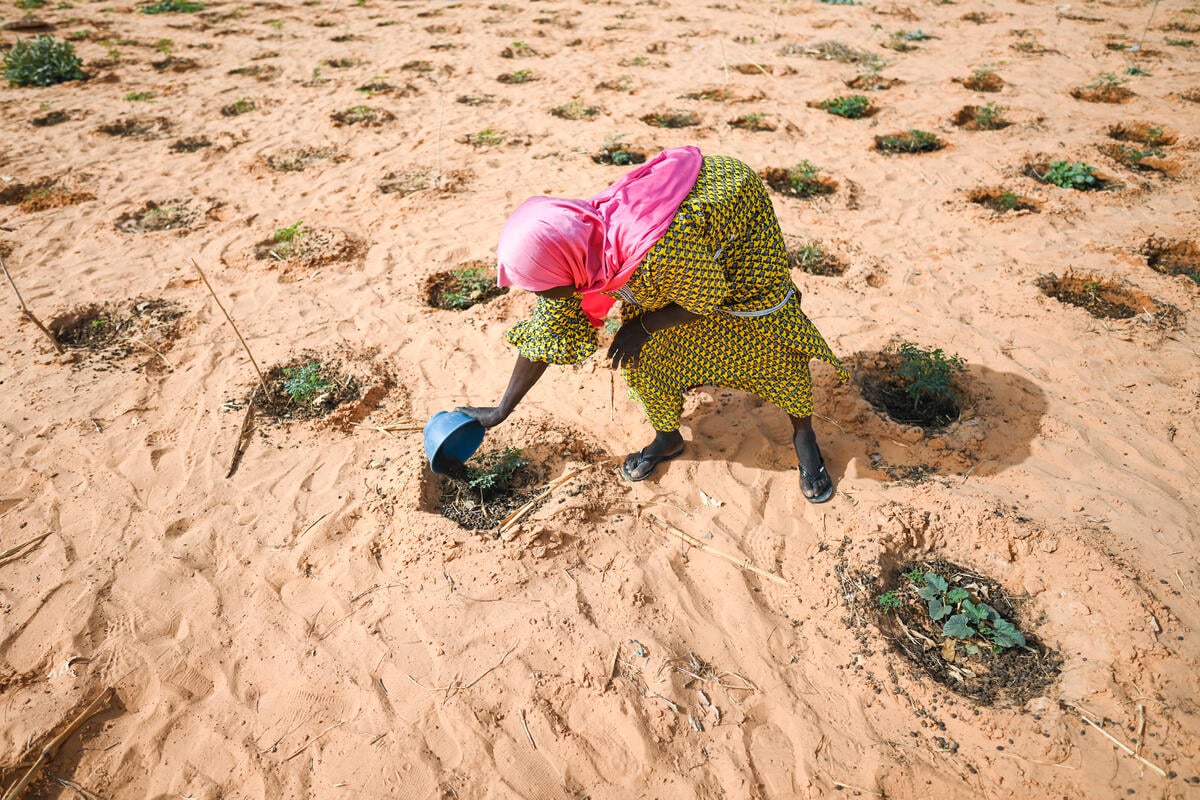Urgent help needed in Malawi to rebuild lives wrecked by Tropical Storm Ana
Urgent help needed in Malawi to rebuild lives wrecked by Tropical Storm Ana
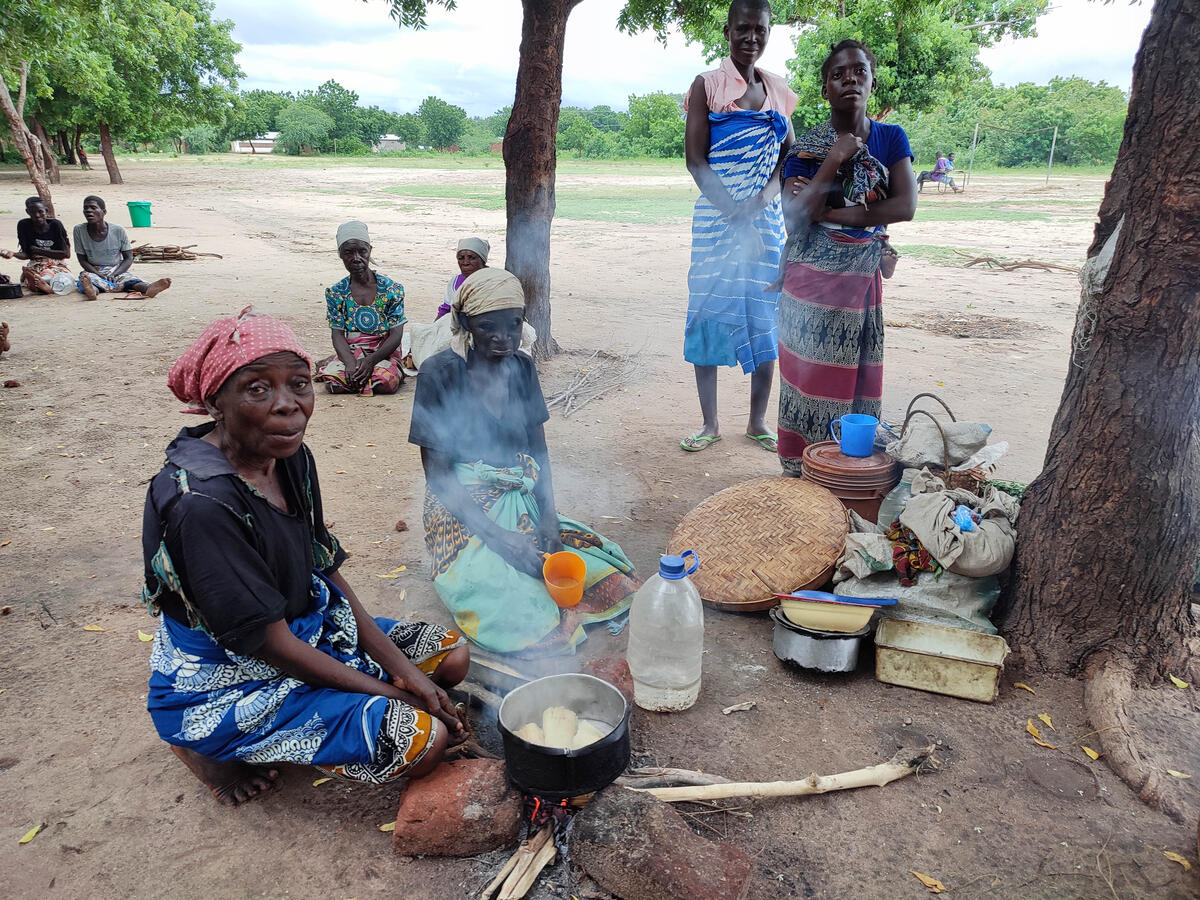
It had been a typical day for 70-year-old Edesi Waiti and her four grandchildren. Sixteen-year-old Rafayelo, the eldest, had bought a packet of beans with the money he earned selling mangos that morning. Waiti set about preparing supper for the household. It was 25 January 2022, and a powerful storm was heading their way.
As well as having poor eyesight and difficulty walking, Waiti is hard of hearing and paid little attention to the radio playing in the background of their home in Madani village, in Malawi’s southern district of Nsanje.
Three days earlier, Malawi’s Department of Climate Change and Meteorological Services had begun issuing daily weather warnings on national radio of the fast-approaching Tropical Storm Ana. Waiti and her family were unaware that the storm had made landfall, and that their village on the muddy banks of the Shire River lay directly in its path.
“After supper, we went to bed as usual,” Waiti says.
When the storm hit, the heavy downpour and fierce winds sent torrents of water rushing between the thatched huts of the village before, suddenly, the river burst its banks. Waiti’s neighbours ran to warn her.
"... the house was washed away."
“I do not know who pushed the door in,” she says, “but we were woken up and told to get out. We were not even able to take any of our belongings before the house was washed away.”
In the space of a few minutes, Waiti and her grandchildren lost everything. Edesi was carried to higher ground as her grandchildren headed for cover. The family and the other villagers then began the 5-kilometer-walk to Marka primary school where they found shelter.
“I lost all the few belongings I had put together during the years, including my chickens and goats,” Waiti says.
Tropical Storm Ana devastated swathes of Madagascar, Mozambique and Malawi between 20 and 25 January, causing large scale displacement, flooding, and damage to public and private infrastructure. In Malawi, at least 46 people were killed, with 18 still missing and more than 200 injured.
While seasonal rains are an annual occurrence, climate change is increasing the frequency and intensity of cyclones and tropical storms in the region, wreaking havoc on the lives of people most vulnerable to the effects of extreme weather.
In Malawi, more than 190,000 people lost or fled their homes while close to a million were affected by the destruction of property and crops caused during the storm. Mor More than three months after the storm, displaced people are still living in 141 evacuation camps in Malawi, 21 of which are in Nsanje district, one of the worst-affected areas.
Nsanje is also host to families who fled across Malawi’s southern border in the wake of the storm from neighbouring Mozambique.
Sixty-five-year-old Chakuamba Muliri, his wife Christina, 58, and their nine children fled their village in Mozambique’s central Zambezia Province after Tropical Storm Ana destroyed their home and livelihood.
“All our domestic livestock and crops were destroyed and washed away,” Muliri says. With Malawi offering the nearest route to safety, the family crossed the border seeking shelter and help.
Since late January, they have found temporary shelter in Nsanje district, along with more than 9,000 displaced Mozambicans and 14,000 displaced Malawians.
“We came here with nothing and are relying on relief items donated by well-wishers,” explains Muliri, whose family is accommodated at Bangula Admarc camp, the district’s main evacuation centre.
Both Waiti and Chakuamba's families are desperate for help. The evacuation centres where they live lack basic necessities such as decent shelter, clean water and proper sanitation.
“It is unbearable,” Waiti admits. “We are living under these trees braving endless heavy rains while waiting for pupils at Marka Primary school to leave for the day so that we can occupy the classrooms overnight.”
While the Governments of Malawi and Mozambique along with other public and private sources have provided a level of assistance, much more is required.
Of a total funding appeal of US$29.4 million issued by UN agencies, international and national NGOs, UNHCR, the UN Refugee Agency requires around US$1 million to provide much-needed services to internally displaced people (IDPs) in Malawi.
A separate funding proposal through Malawi’s Department of Disaster Management Affairs has also been submitted to the African Development Bank (AfDB), to provide emergency response and recovery services for IDPs and displaced Mozambican nationals.
“We aim to help 10,000 people by providing core-relief items including buckets, blanket, sleeping mats, dignity kits, and shelter kits,” says Henok Ochalla, UNHCR’s Senior Durable Solutions Officer in Malawi.
"All I want is to end my days at home."
Among those UNHCR is prioritizing for assistance are women and girls at risk. Those with other specific needs – including vulnerable children, people with disabilities, expectant mothers and older people – will be identified and given support.
“In addition,” says Ochalla “the UN Refugee Agency is identifying, monitoring and providing access to legal assistance for survivors of gender-based violence, as well as ensuring the protection of children and prevention against sexual exploitation and abuse of the people it is assisting.”
Both Malawi and Mozambique are at the peak of their rainy seasons, making it unlikely that people displaced by Tropical Storm Ana will be able to return home soon.
Muliri and his family have no idea when they might return to their village or how they will find the means to rebuild their lives.
For Waiti, her first thought every morning when she wakes up is of her house that was destroyed and the uncertain future now awaits.
“All I want is to end my days at home,” she says as she waits patiently for assistance. “I pray that I have the strength and survive this situation long enough to do so.”



